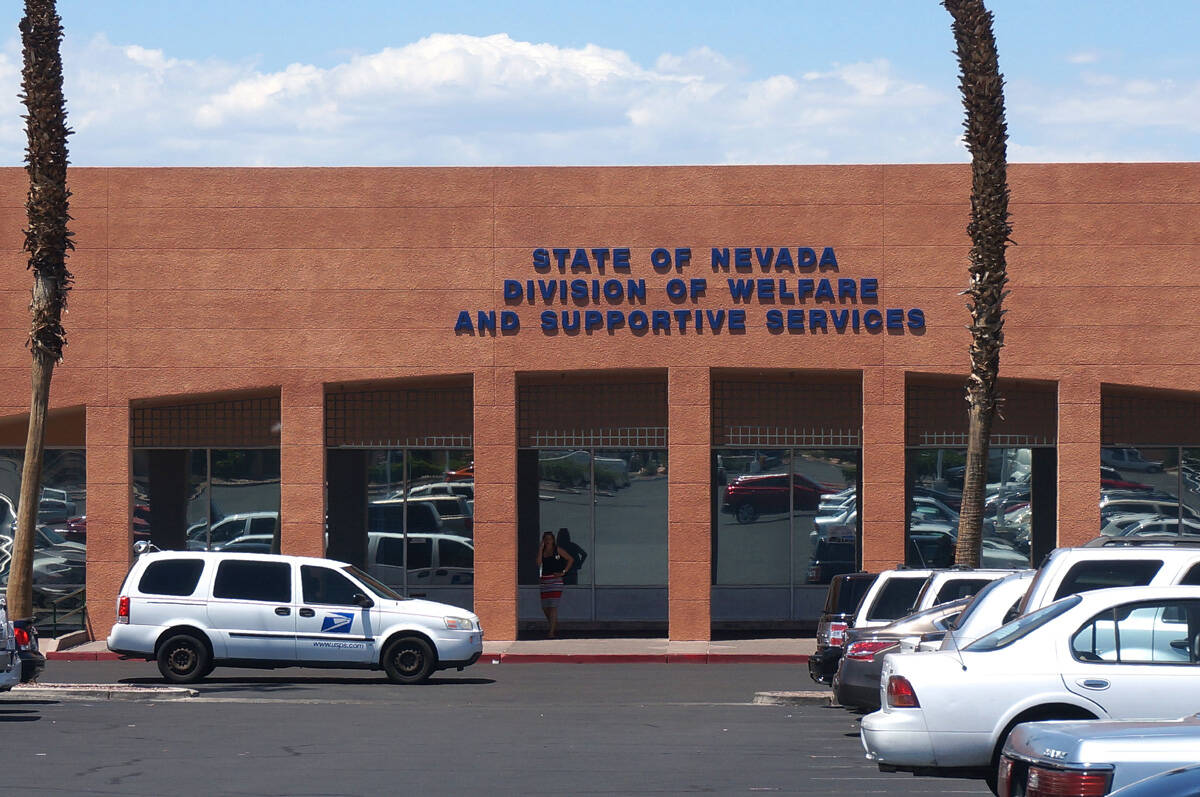COMMENTARY: Reclaiming self-governance in a season of opportunity
For the first time in 75 years, “democracy” (majority rule) appears in English text more than “republic” (representative rule). That blurring of lines signals the potential loss of our collective ability to distinguish the two and threatens our national birthright as imposters seek to undermine so much of what we hold dear.
Benjamin Franklin understood the threat, reflected in his famous response to a woman outside the Constitutional Convention about the kind of government she would have: “A republic if you can keep it.”
Yet, there’s reason to be hopeful. There are many today betting on a resurgence of “republic” and a political revival to match. Fair warning, though. Those of us thrilled at the prospect of resurgent republicanism are excited about the word living up to its Latin roots — an affair or matter of the people. The elevated importance of property rights, privacy and individual freedom may also signal tougher times as we assume greater responsibility for self-governance and private charity. Here’s a story to illustrate my point.
A young man stood on the sidewalk outside our mission waving a piece of paper above his head stomping and yelling. “They can’t do this! How can they do this!?” It was his paycheck. I thought he was miffed about the taxes. Instead, it was a considerable garnish for child support. “Someone should have told me before I had a kid!” he exclaimed.
I couldn’t help myself. “Who should have told you?” I asked. His response? “The government, I guess.”
I share that story because it speaks to how willing Americans are to turn to the government for answers, education, food, housing, medical care — and even advice on being a better dad. If I had a dollar for every time some soul told me he was waiting on government help, I could have paid off the debt of a college graduate still hoping the government might pick up the tab.
The tragedy is not the government’s slow response to individual needs but that those individuals turn to government instead of their friends, family or community. That’s more than mere supposition. Approximately 5 million people above the poverty line are dependent on the anti-poverty program SNAP (food stamps) and 74 percent of people below 200 percent of the poverty level depend on a plethora of similar programs. All the while, the development of social capital takes a hit as the poor remain three times as likely to report they’re lonely.
Alexis de Tocqueville was right in his observation that private charity “established valuable ties between the rich and the poor” and that “legal charity,” or government welfare, “breaks the only link which could be established between them.”
In another writing, he points out that when dependence on government increases “the more will individuals, losing the notion of combining together, require its assistance.” That “assistance” further diminishes the proper role family, friends and community should play in offering a hand-up.
We are in a crisis of dependency. As a new administration — with its new Department of Government Efficiency and a conservative Supreme Court — works to claw back governmental overreach, we would be wise to prepare for a crisis of withdrawal. The resulting “detox trimmers” will not be a malady reserved for the dependent poor, but a dependent America whose people have historically, especially during national crises, traded autonomy and freedom for federal relief. Rarely has there been a chance to get it back.
Indeed, we are entering a unique season of opportunity that predates President Lyndon Johnson’s War on Poverty, when individual initiative and personal responsibility came under friendly fire. Like all chances for redemption, it must be seized through effort. If we fail in the diligent application of real compassion, willing neighborliness, a desire to build a community and sacrifice, we risk what Thomas Jefferson warned a friend about in a letter penned to him in 1816: “The further the departure from direct and constant control by the citizenry, the less has the government the ingredient of republicanism.”
Yes, direct and constant control is work — but the resurgence of republicanism is worth it. Who knows, maybe the word’s use will spike again — like it did for 25 years after the American Revolution.
James Whitford is co-founder and executive director of True Charity in Joplin, Missouri, which champions the resurgence of civil society in the fight against poverty. He wrote this for InsideSources.com.

















